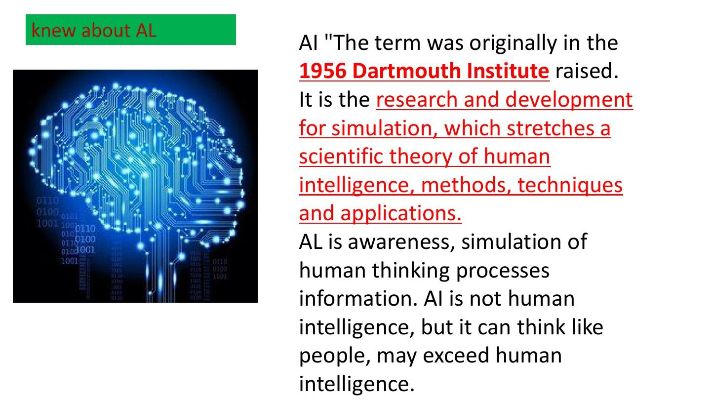Introduction to Artificial Intelligence
What is Artificial Intelligence?
Artificial intelligence, or AI, refers to the development of computer systems that can perform tasks that would typically require human intelligence, such as visual perception, speech recognition, decision-making, and language translation.
History of Artificial Intelligence

The history of AI can be traced back to the 1950s when researchers began exploring the possibility of creating machines that could learn and reason like humans. Over the years, AI has made significant advancements, including the development of machine learning, deep learning, and natural language processing, which have enabled AI to become more sophisticated and capable of performing complex tasks.
Applications of Artificial Intelligence
AI has a wide range of applications, from healthcare and finance to transportation and entertainment. Some examples of AI applications include virtual assistants, self-driving cars, fraud detection systems, and medical diagnosis tools.
Challenges and Opportunities of Artificial Intelligence
While AI has the potential to revolutionize many industries and improve our lives in numerous ways, it also presents several challenges, such as job displacement and ethical concerns. However, with the right approach and regulation, AI can be a powerful tool for solving some of the world's most pressing problems, such as climate change and disease prevention.
Conclusion
Artificial intelligence is a rapidly evolving field that has the potential to transform our world in profound ways. As we continue to develop and refine AI technologies, it is essential to consider the ethical implications and work towards creating a future that benefits everyone.

